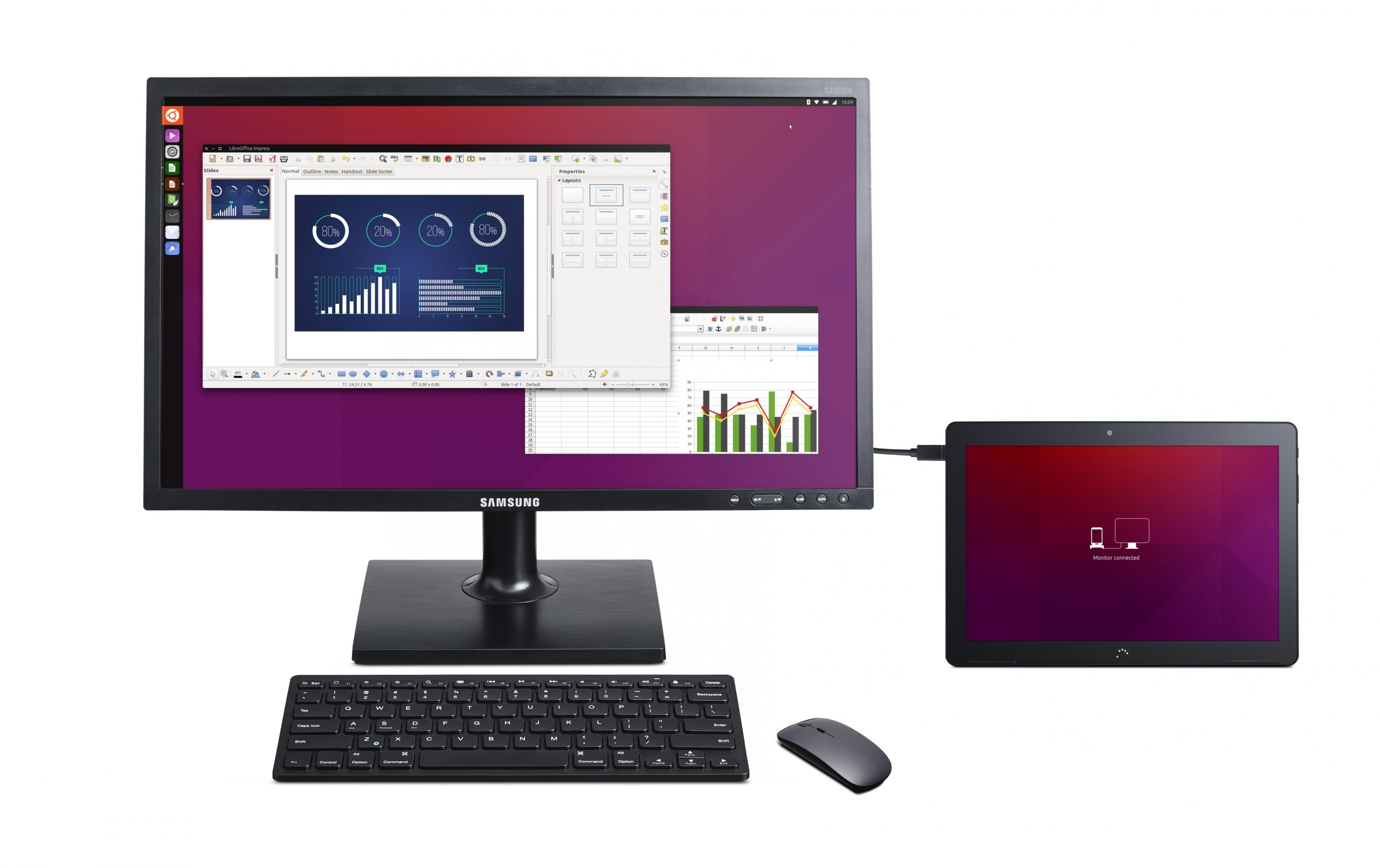
Canonical fulfills its Linux convergence vision with BQ Aquaris M10 Ubuntu Edition tablet
Convergence is all the rage in the technology industry nowadays and for good reason -- our handheld devices are insanely powerful. It makes sense to leverage a smartphone or tablet's processor for desktop computing. By connecting a monitor, mouse, and keyboard to the mobile device, it can serve as a full-fledged computer. Those with more hardcore computing needs, such as editing video, for example, may have to wait a while for more powerful handheld devices.
Microsoft has shown off its Continuum functionality, which turns a Windows 10 Mobile smartphone into a desktop, but because of shocking limitations, it really isn't ready for prime-time. Canonical has long been working on its own convergence plans with Ubuntu -- it is not copying Microsoft's. Quite frankly, it can be argued that the open source Linux kernel is a more adaptable base for such Swiss Army-like devices as Windows could be too bloated. Today, Canonical unveils the BQ Aquaris M10 Ubuntu Edition tablet which fulfills its Linux convergence vision. Not only can a user be productive with the tablet itself, but it can be connected to peripherals to create a full desktop experience.

AMD unveils ARM-based Opteron A1100 processor lineup
It appears that AMD is looking to expand into other areas of the processor chip market, after announcing its first ARM-based processor for enterprise customers.
Named Opteron A1100, the processor is based on the reduced instruction set computing (RISC) CPU design strategy that dominates the mobile market due to its reduced power consumption.
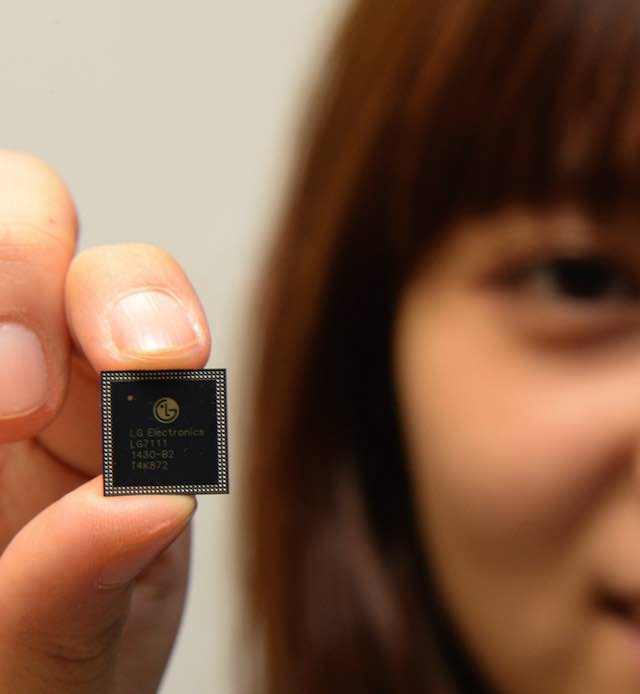
LG introduces its first in-house mobile processor, powers G3 Screen phablet
The mobile device market is extremely diverse judging by the number of companies which sell smartphones and tablets today. There are hundreds, if not thousands, of vendors worldwide. On the other hand, when it comes to mobile processors, there are only a handful of companies which make them. Of those, even fewer are also handset vendors and even fewer still are well known by the average consumers: Apple and Samsung.
It is tough to make a splash in the mobile processor market, as top players such as Qualcomm and Apple are so far ahead in the game that it is very difficult for a new player to catch up and compete on equal footing with the leaders. LG, however, is not afraid to give it a try, as it just unveiled its first in-house mobile processor. And the South Korean maker is not wasting any time as it has already put it to use in its new G3 Screen phablet.
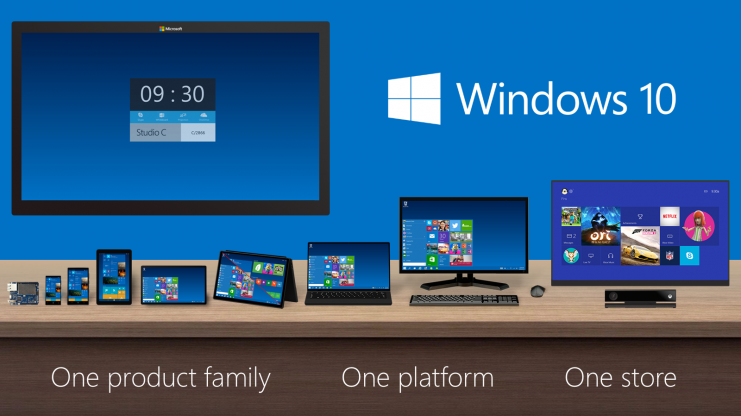
Windows 10 Technical Preview for ARM tablets, smartphones will only come next year
When Microsoft took the wraps off Windows 10, the software giant informed us that its latest operating system, which officially launches next year, will run on all sorts of devices, including PCs, smartphones and tablets, and feature a unified app store. Both are firsts, as, so far, there was a Windows to suit everything: one for ARM tablets, one for PCs, one for embedded devices, one for smartphones and so on. Of course, the Server editions will not go away, but that's to be expected.
As a Windows Phone user and watcher, I am particularly interested in seeing Windows 10 in action on smartphones. Microsoft has talked quite a lot about what the new operating system brings on PCs and tablets -- it even released a Technical Preview build for x86 devices -- but kept quiet about its plans for smartphones. Well, that has changed, thanks to Joe Belfiore, the software giant's Operating Systems Group corporate vice president (better known as the head of Windows Phone).
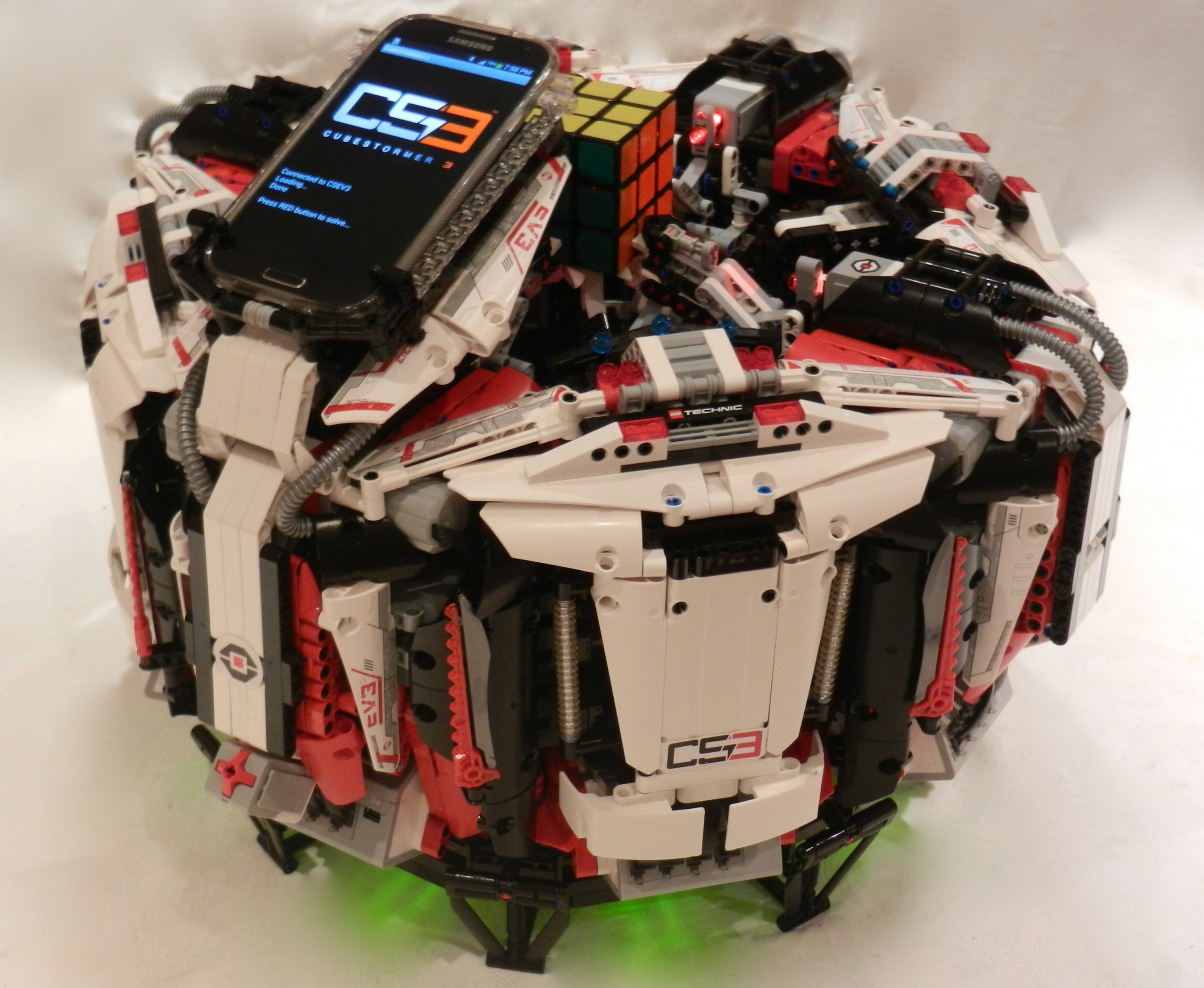
ARM-based robot will try to break Rubik's Cube Guinness World Record with Galaxy S4
Games do not have to be mindless. You can learn and develop skills, while having fun and playing too. Some good examples are Simon and Rubik's Cube. The latter is quite hard -- you must make each side of a cube a solid color, by rotating parts of the toy. Trust me, it is harder than it sounds.
Believe it or not, there is a way to make the Rubik's Cube even better -- robots. Yes, they can be designed to solve a Rubik's Cube faster than any human. Today, ARM announces that it has built one with components that include Lego bricks and a Galaxy S4, with the intention of breaking the Rubik's Cube speed record.

Majority of mobile devices will be 64-bit by 2018 -- is Apple to thank?
Apple is revolutionary through evolution. The company did not invent the tablet, but the iPad sparked the modern trend. It did not invent the touchscreen smartphone, yet the iPhone revolutionized portable computing.
Speaking of the iPhone, last year, Apple introduced the iPhone 5s with a 64-bit processor. The fruit-logo company certainly did not invent 64-bit computing, however, competitors are now playing "me too" and trying to catch-up in the mobile sector. According to a new study, the majority of mobile devices will be 64-bit by 2018. Do we have Apple to thank?
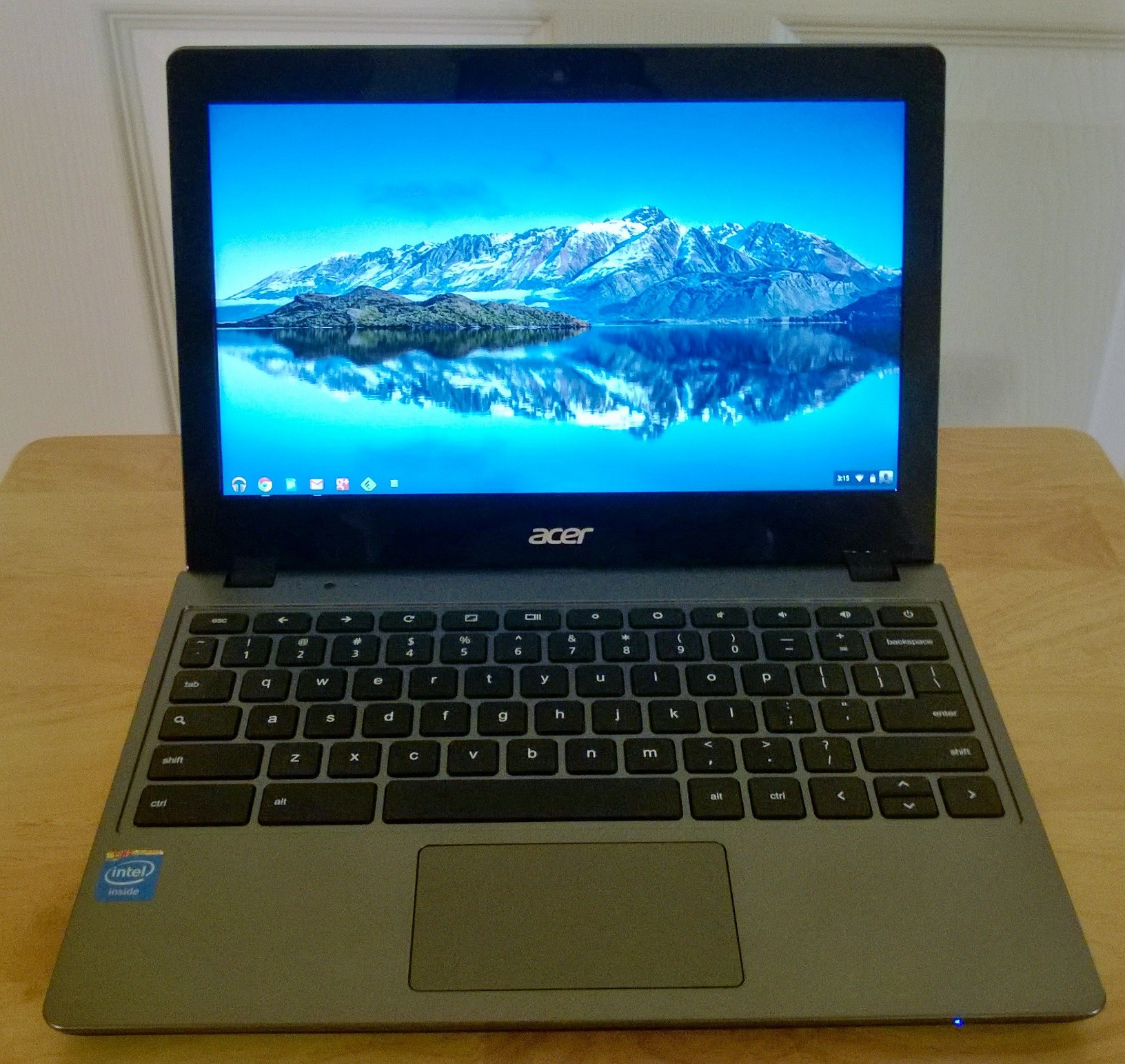
Acer C720 Chromebook -- best bang for your buck [Review]
My relationship with Chromebook and Chrome OS has been rocky. When Google first announced the concept, I was highly dubious. After all, I had done all of my computing on Windows and Linux -- locally installed apps were all I knew. Ultimately, curiosity got the best of me and I bought the Samsung ARM Chromebook. The simplicity of the platform melted my heart and I became an enthusiast.
Sadly, I outgrew the Samsung model due to its poor performance -- it is slow on certain websites, like Google+. I decided to postpone the upgrade until the Haswell models would arrive. However, in the midst of the Haswell-Chromebook revolution, HP and Google threw a curve-ball and released the wonderful Chromebook 11, that has an ARM processor, which took an Apple approach to laptop design.
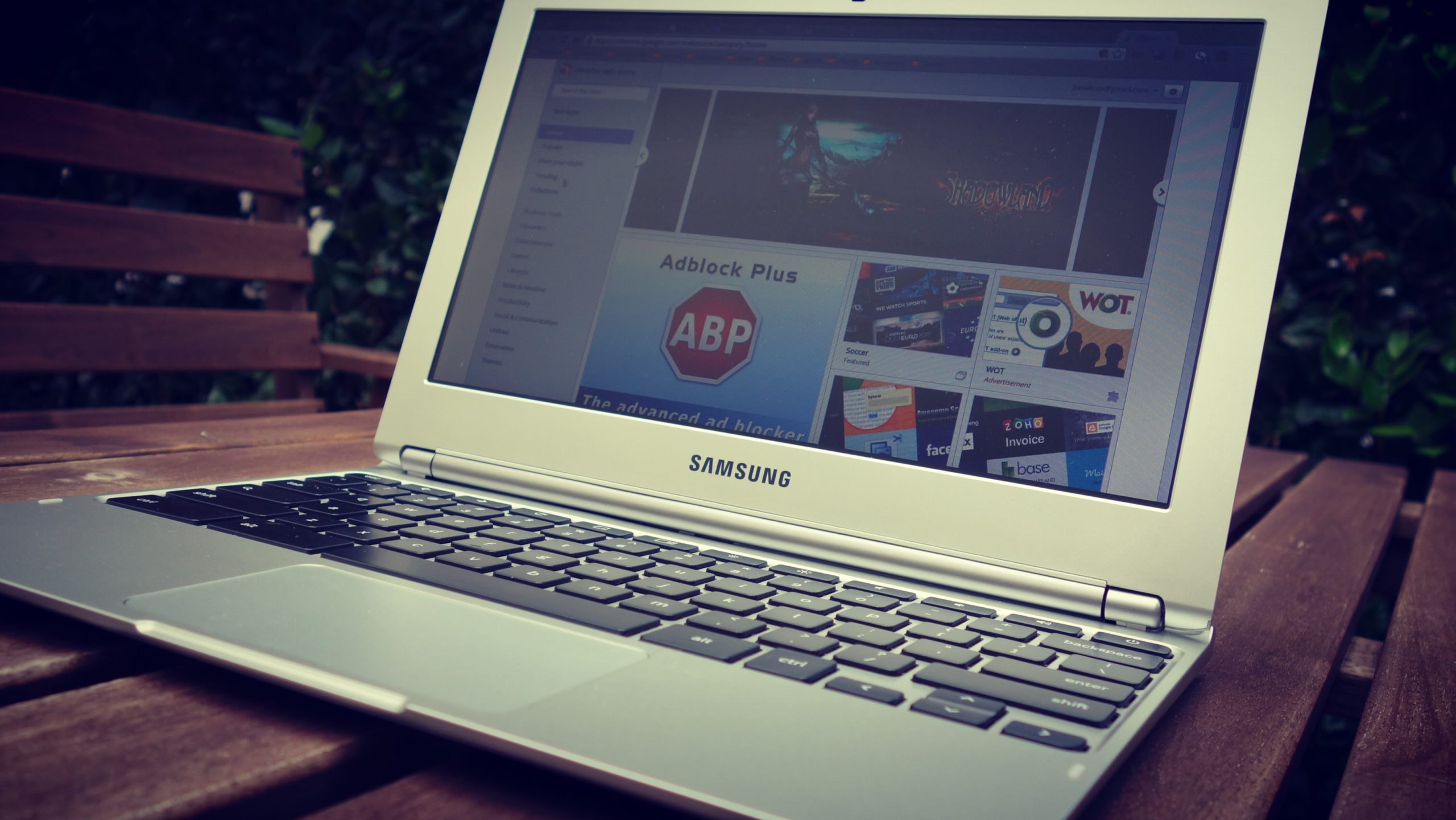
Finally, you can stream Netflix on ARM Chromebooks
I wasn't going to write this as a separate story, resorting to Google+ and Twitter posts instead. But, hey, I'm Mr. Chromebook over here and would be remiss not informing the two people who somehow missed the news (You know who you are). Drum roll. Finally, four months after Samsung released the Arm Chromebook, you have Netflix. Stream it, baby, because you finally can.
"Today we launched HTML5 video playback for streaming content from Netflix for the ARM-based Samsung Chromebook, so you can now enjoy your favorite Netflix shows & movies", according to Google. There's not lots of fanfare in the statement, but I expect some from those of you who can finally couch-potato before your Chrome OS toy.
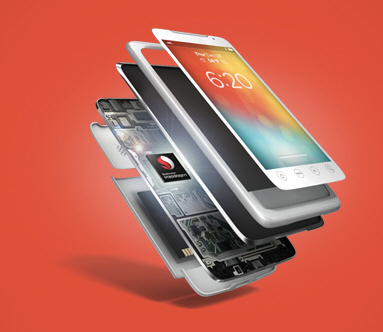
Qualcomm details the Snapdragon 200 and 400 processors for entry level and mid-range devices
After unveiling the Snapdragon 600 and Snapdragon 800 at CES 2013, American mobile giant Qualcomm has on Wednesday taken the wraps off two new processors. The Snapdragon 200 and Snapdragon 400 join the company's latest lineup for smartphones and tablets, targeting the low-end and mid-range mobile market.
The Snapdragon 400 is the mid-range mobile processor and, to some extent, resembles the now-traditional Snapdragon S4 found in a number of currently-available smartphones such as the HTC Windows Phone 8X, Nokia Lumia 920 or Samsung Galaxy S III (US variants). The Snapdragon 400 features dual-core Krait CPUs with speeds of up to 1.7GHz per core or quad-core ARM Cortex-A7 CPUs with speeds of up to 1.4GHz per core.
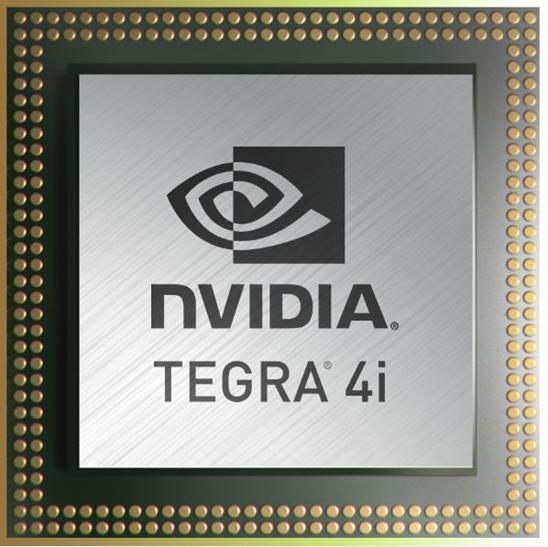
Nvidia unveils the Tegra 4i, with integrated 4G LTE processor
On Tuesday, Santa Clara, Calif.-based technology company Nvidia took the wraps off a new mobile processor part of its Tegra lineup, named Tegra 4i. The latest product comes with "fully integrated 4G LTE" connectivity, a first for Nvidia, and it is designed to fend off attack from similar solutions, like Qualcomm's newest Snapdragon lineup.
The new Tegra 4i sports 60 custom GPU cores and a 2.3GHz quad-core CPU that is based on the "newest and most efficient" ARM R4 Cortex-A9 architecture. The traditional Tegra battery-saver core is also present. The Tegra 4i, however, comes in slightly under the Tegra 4 processor unveiled at CES 2013 in Las Vegas, the latter of which features 12 more GPU cores and is based on the faster ARM Cortex-A15 architecture.
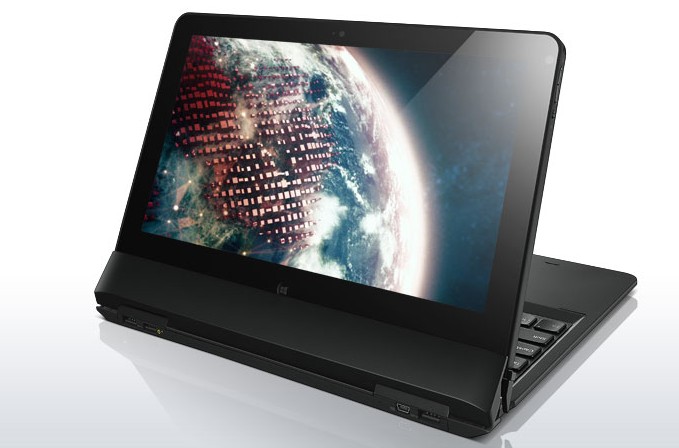
5 CES 2013 pre-show announcements you should know about
The Computer Electronics Show gathers a significant number of companies and prospective buyers alike in Las Vegas for four days starting Tuesday. However, many companies didn't wait for opening day. Which among the early birds stand out from the others?
From the plethora of pre-show announcements most are oriented towards general consumer appliances. For instance, LG's presentation emphasized 39 new driers and 72 new fridges, among super expensive OLED TVs. For a passionate technology enthusiast like myself CES is not Heaven, it's utter Hell. Still, within the literally hundreds of announcements there are some exciting products unveiled in all the pre-show madness.

Paul Otellini isn't enough -- fire Intel's board of directors, too
Two days ago, Paul Otellini resigned his position as CEO of Intel. Analysts and pundits weigh-in on the matter, generally attributing Otellini’s failure to Intel’s late and flawed effort to gain traction in the mobile processor space. While I tend to agree with this assessment, it doesn’t go far enough to explain Otellini’s fall, which is not only his fault but also the fault of Intel’s board of directors. Yes, Otellini was forced out by the board, but the better action would have been for the board to have fired itself, too.
If there was a single event that triggered this end to Otellini’s tenure at Intel I’m guessing it is Apple’s decision to abandon Intel chips for its desktop computers. There has been no such announcement but Apple has sent signals to the market and the company doesn’t send signals for fun. The question isn’t if Apple will drop Intel but when and the way product design changes are made the when is not this Christmas but next.

Firefox for Android update supports older devices
Parent company Mozilla announced that Firefox for Android now supports older green droid devices using ARM v6 architecture. The latest update allows the open-source browser to run on smartphones such as HTC Status, Motorola Fire XT or Samsung Galaxy Ace, but also looks to the present with improvements for newer versions of Android.
Mozilla claims that limiting Firefox for Android to run solely on the ARM v7 architecture would eliminate "roughly half of the nearly 500 million Android phones", obviously making a dent in its market share and popularity among green droid users. The minimum hardware requirements now involve an 800MHz ARM v6 processor accompanied by 512MB of RAM. What about less "ancient" devices?
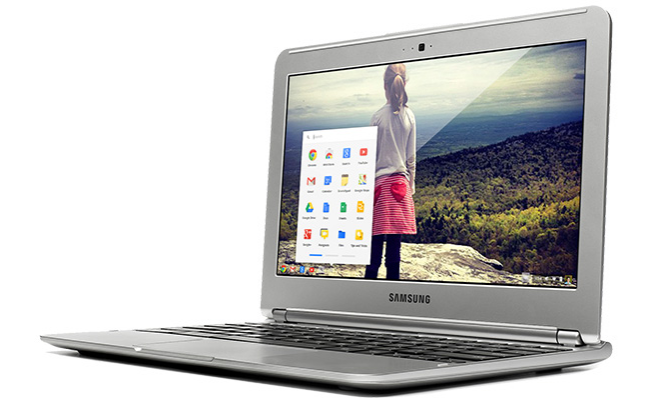
New Google Chromebook is $249, swaps x86 for ARM
Google and Samsung are giving Chromeboook a mighty big makeover -- smaller screen, lower price and something unexpected: ARM processor. Say goodbye to x86, baby, and hello to $249 selling price, which is $200 less than Samsung's Series 5 550 model. The architectural change comes as Microsoft and its OEM partners prep ARM-based Windows RT computers for release in just eight days. Like Windows 8 systems, future Chromebooks will have either ARM or x86 processors.
ARM means there's more Samsung in the new model than ever before, which includes the microprocessor. That makes the new Chromebook a lot closer to an end-to-end product that Apple might make. Judging from Google-Samsung success with Galaxy Nexus, which feels integrated all the way -- hardware, services and software -- the new Chrome OS device promises much. Kilogram for kilogram, the device is ready to stand against MacBook Air, which offers same screen size and similar dimensions but starting price is $750 more. Then there are ultrabooks, some of which sell for even more than Apple's laptop.

Raspberry Pi adds more RAM, keeps price the same
Raspberry Pi, the massively popular credit-card-sized computer, has had a surprising update -- the Model B version will now come with 512MB of RAM as standard, but will remain priced at $35.
If you’re not familiar with the device, it’s essentially a bare, single-board uncased ARM GNU/Linux computer that you connect to your TV and a keyboard. It’s designed to encourage programming and while aimed at children and students has proved a hit with all age groups, and has been put to some great uses, including sending back photos from the edge of space.
